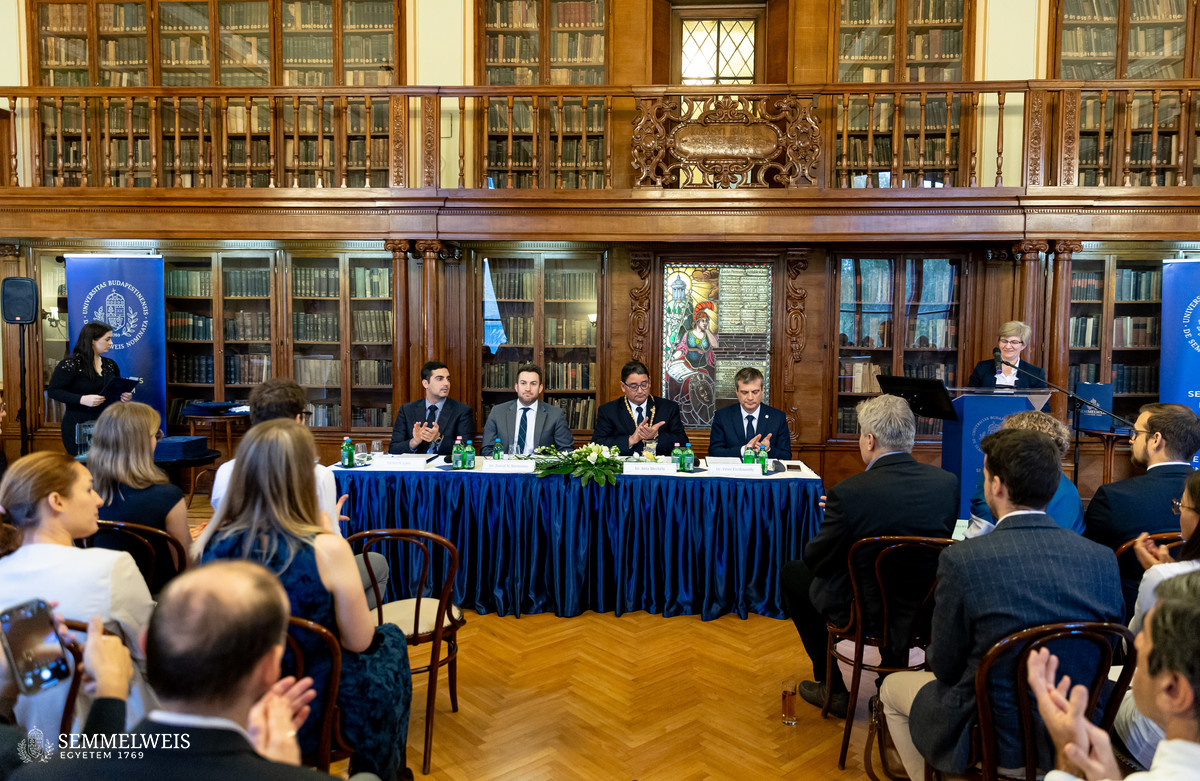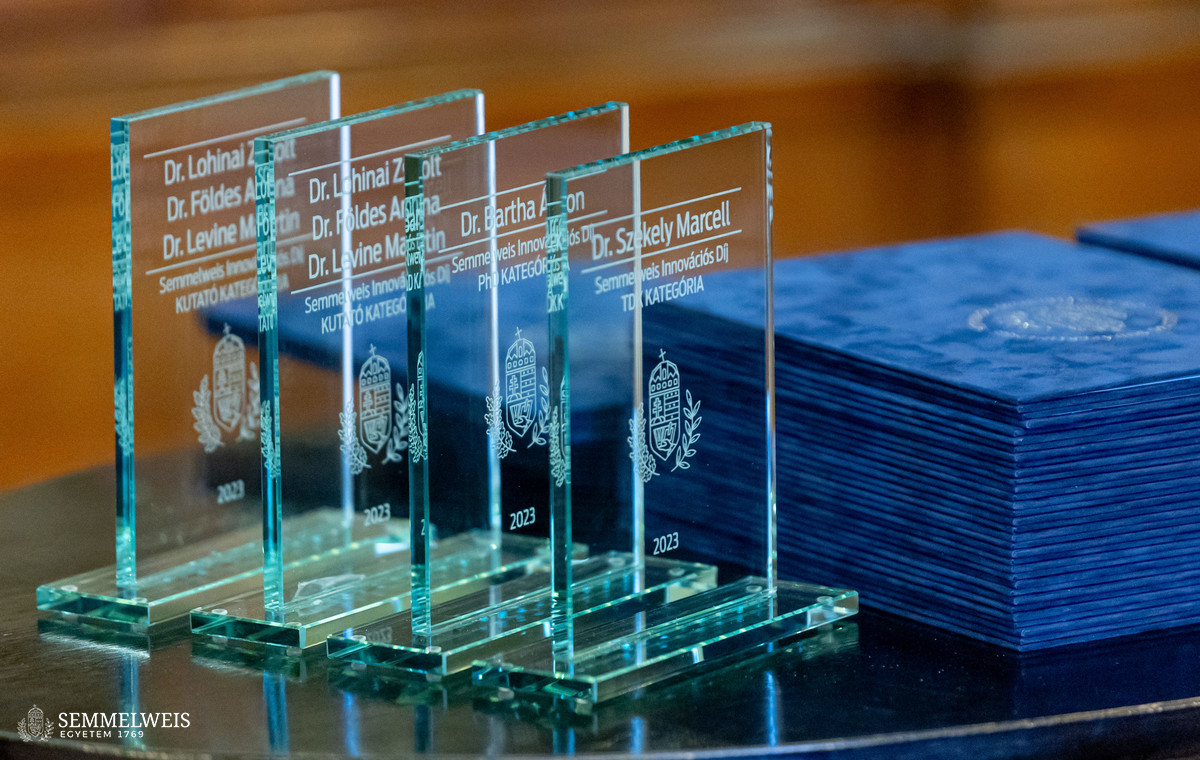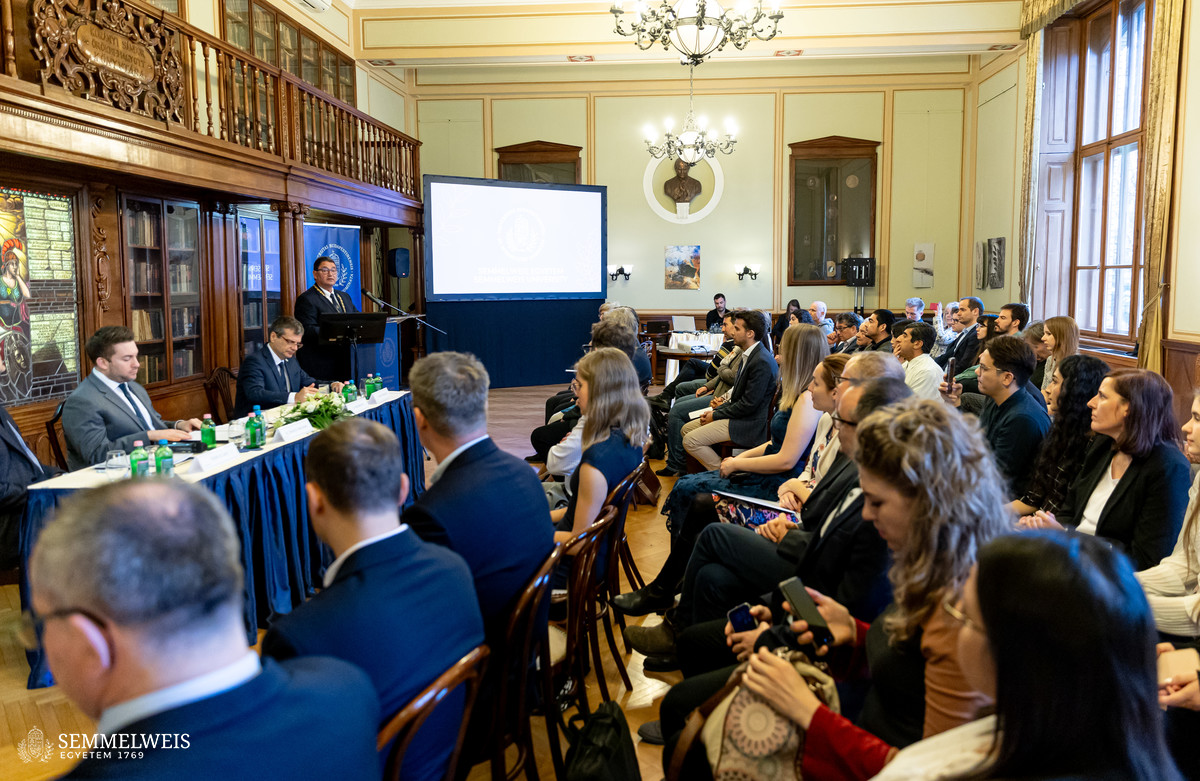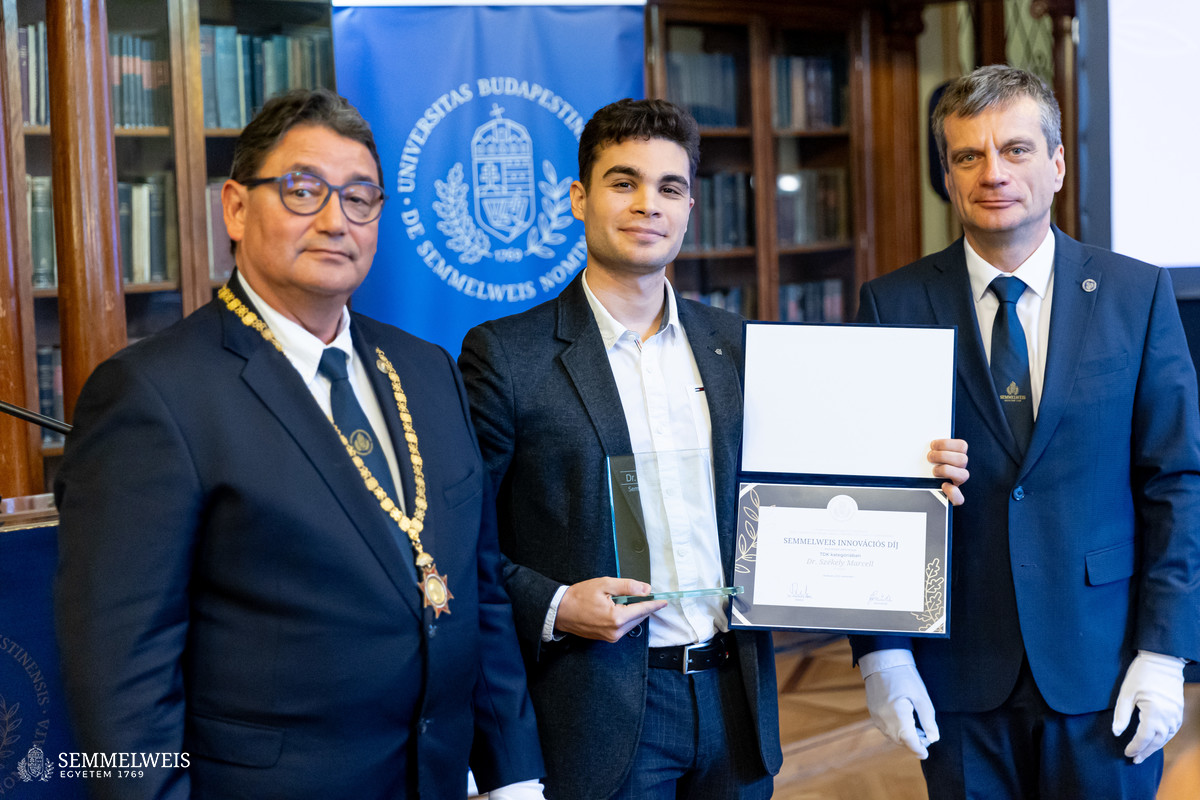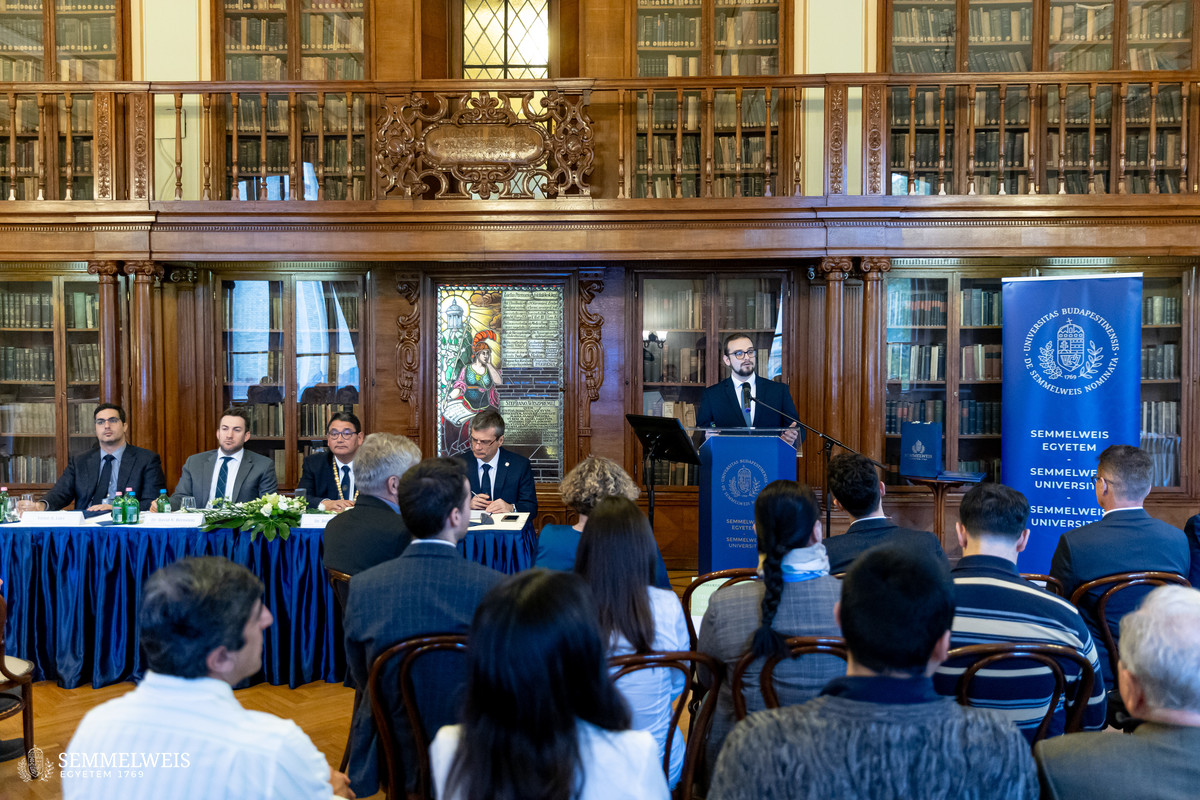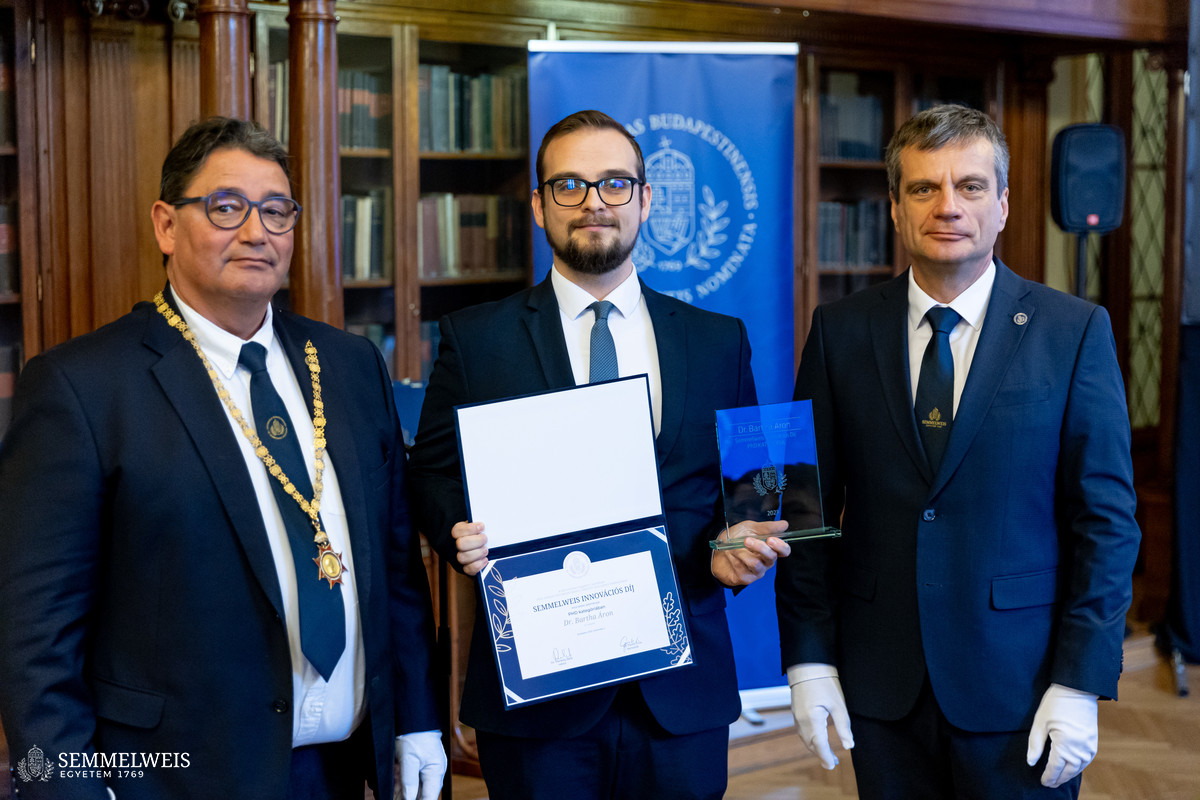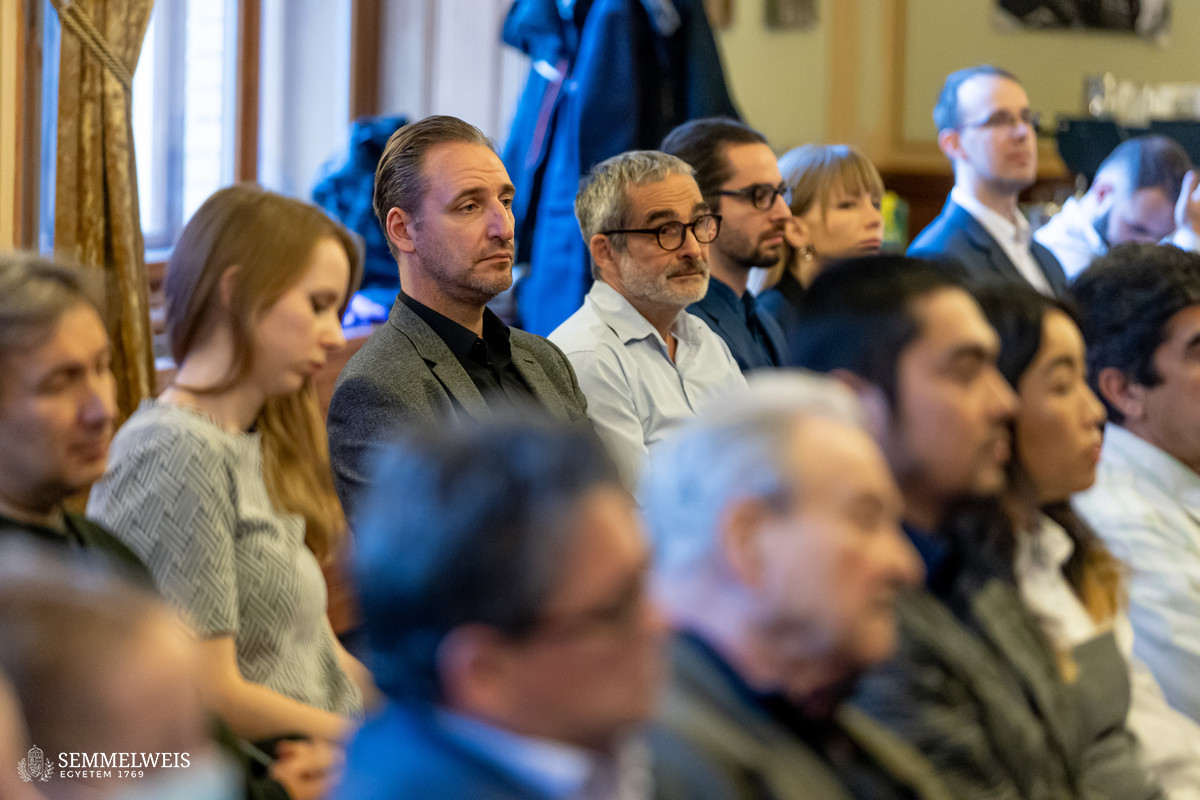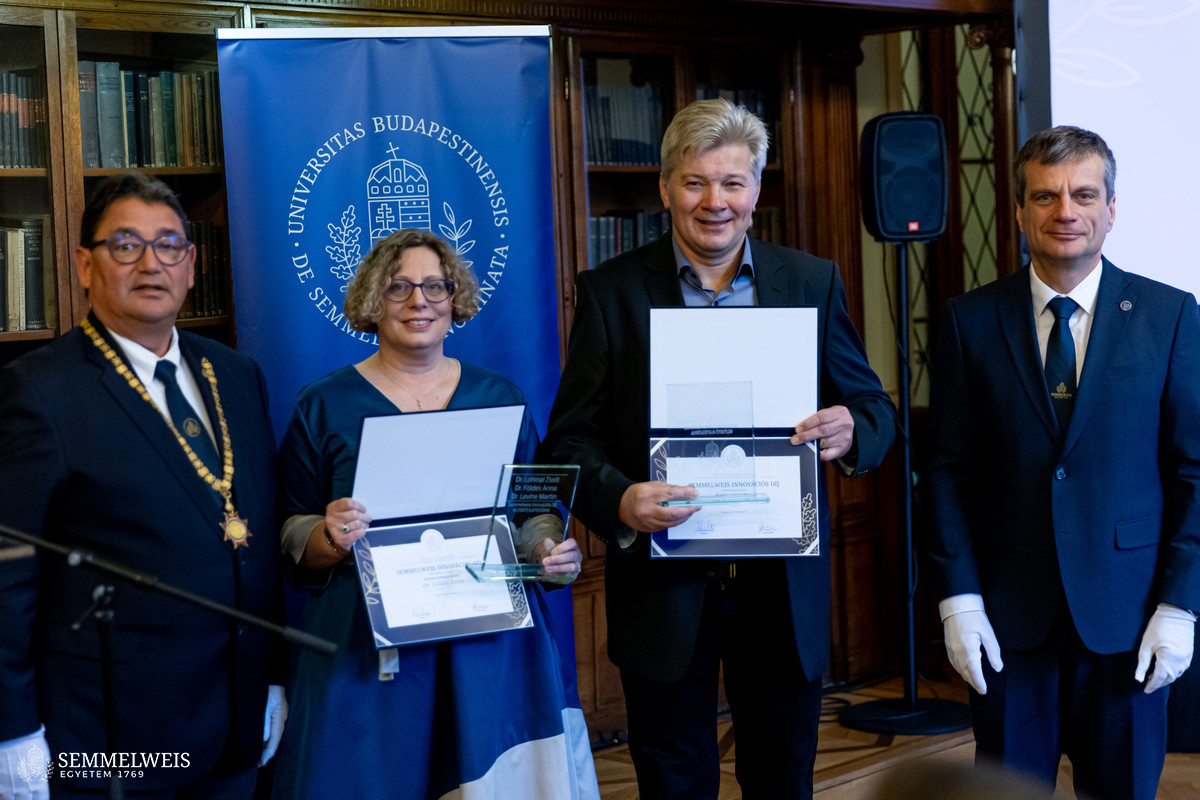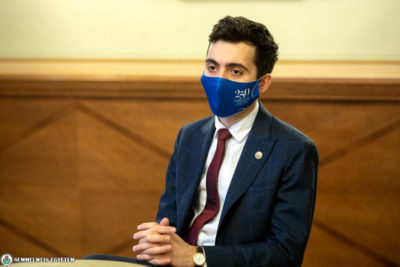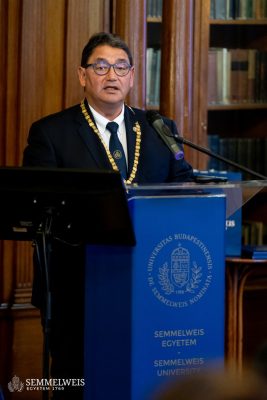 At the opening ceremony held in the Semmelweis Salon, Rector Dr. Béla Merkely emphasized that innovation and research & development are at the forefront of the institution’s thinking and at the heart of its philosophy, as the university aims not only to preserve the heritage and knowledge left by its predecessors, but also to continuously enrich it with new results.
At the opening ceremony held in the Semmelweis Salon, Rector Dr. Béla Merkely emphasized that innovation and research & development are at the forefront of the institution’s thinking and at the heart of its philosophy, as the university aims not only to preserve the heritage and knowledge left by its predecessors, but also to continuously enrich it with new results.
“We reward not only the work invested, but also the attitude that our awardees know as their own: that, like our namesake, Ignác Semmelweis, they are not satisfied with merely completing their tasks. They are researching how they could do more for patients, how they could serve the advancement of science,” the rector pointed out, adding that the discipline is undergoing amazing development, and only those who are ahead of the others and are constantly training themselves can stay ahead of the competition.
The ceremony continued with the presentation of the winning entries. First, the winner of the Students’ Scientific Association (TDK) category, Dr. Marcell Székely, PhD student, presented the research that started four years ago with the development of a minimally invasive, transapically implantable, dual-lumened cannula. The aim was to create a device that can be rapidly implanted in patients with end-stage heart failure in cardiogenic shock and can overcome this life-threatening clinical condition by stabilizing the patient’s circulation via connecting it to an extracorporeal pumping system. In this way, the research team aimed to create a left ventricular support cannula that is not yet available on the market and has several advantages over currently available percutaneous (‘through the skin’) and surgically implanted devices.
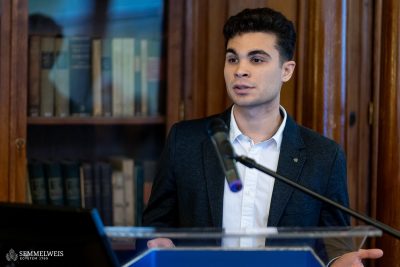 Not only does the technology reduce surgery time and eliminate the need for a cardiopulmonary bypass, but it also reduces the invasiveness of the procedure and therefore its potential complications. As an important aspect, the device can be personalized by using 3D printing technology, thus maximally adapting to the physical parameters of the patient, while at the same time avoiding damage to the left ventricular outflow tract and heart valves. The researchers have successfully demonstrated the concept’s feasibility and implantability in preliminary trials. Having previously obtained a utility model protection, a patent application is currently being prepared.
Not only does the technology reduce surgery time and eliminate the need for a cardiopulmonary bypass, but it also reduces the invasiveness of the procedure and therefore its potential complications. As an important aspect, the device can be personalized by using 3D printing technology, thus maximally adapting to the physical parameters of the patient, while at the same time avoiding damage to the left ventricular outflow tract and heart valves. The researchers have successfully demonstrated the concept’s feasibility and implantability in preliminary trials. Having previously obtained a utility model protection, a patent application is currently being prepared.
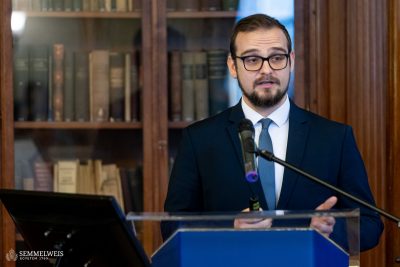 The Semmelweis Innovation Award in the PhD category was given to Dr. Áron Bartha for his project in the framework of which he created a webtool called TMNplot for the comparison of gene expression in normal, tumor, and metastatic tissues. Dr. Áron Bartha’s tool uses data from multiple databases. As pointed out by the presenter, this webtool is user-friendly for the research community, and features, among others, correlation and function analysis, during which several or all available genes can be compared, and the data can be visualized. In addition, TMNplot has been used for two years in more than 100 countries by 33,000 researchers.
The Semmelweis Innovation Award in the PhD category was given to Dr. Áron Bartha for his project in the framework of which he created a webtool called TMNplot for the comparison of gene expression in normal, tumor, and metastatic tissues. Dr. Áron Bartha’s tool uses data from multiple databases. As pointed out by the presenter, this webtool is user-friendly for the research community, and features, among others, correlation and function analysis, during which several or all available genes can be compared, and the data can be visualized. In addition, TMNplot has been used for two years in more than 100 countries by 33,000 researchers.
TMNplot contains a total of 56,938 samples, which involves both RNA sequencing and gene chip-based data. With the help of the platform, fast and simple statistical analysis of more than 20 tumor types becomes possible, and publication-ready figures are also available. Another unique feature of TNMplot is that it also enables the comparison of more than 1000 childhood cancers. As a result, TNMplot can serve as a useful reference and validation tool in several stages of biomarker research and pharmaceutical development.
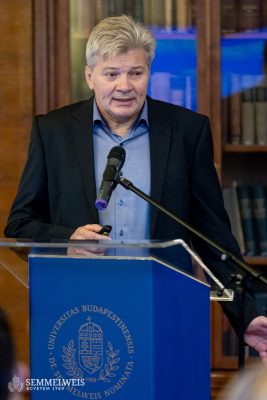 Along with his research team, Dr. Zsolt Lohinai, Associate Professor of the Department of Restorative Dentistry and Endodontics at the Faculty of Dentistry received the Innovation Award in the research category due to a Periodontal Genetic Susceptibility Test, which determines whether genetically detectable differences in inflammatory responsiveness can predict susceptibility to periodontitis and its comorbidities.
Along with his research team, Dr. Zsolt Lohinai, Associate Professor of the Department of Restorative Dentistry and Endodontics at the Faculty of Dentistry received the Innovation Award in the research category due to a Periodontal Genetic Susceptibility Test, which determines whether genetically detectable differences in inflammatory responsiveness can predict susceptibility to periodontitis and its comorbidities.
Periodontitis is present in more than half of the global population and is associated with the development of accompanying illnesses such as cardiovascular disease, diabetes, Alzheimer’s and vascular dementia. The ability to identify weak innate immunity at an early age enables current treatment to be initiated prior to related disease development, preserving more natural teeth (or implants) and improving quality of life in general. As individualized medicine develops, new genetic diagnostics are very much sought after. As for Dr. Zsolt Lohinai’s test, not only the suggested genetic profile is innovative, but the separation of weak versus strong inflammatory responders is also unique with the help of biofilm lysine content, the biomarker of junctional epithelial status. Currently, there are no such tests available on the market.
The category winners were presented with crystal awards and certificates of appreciation by Rector Dr. Béla Merkely and Vice-Rector for Science and Innovation Dr. Péter Ferdinandy.
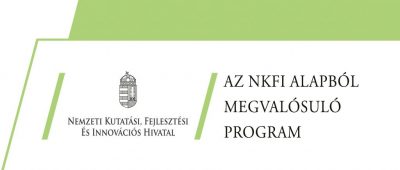 Viktória Kiss, Mária Sánta,
Viktória Kiss, Mária Sánta,
Judit Szabados-Dőtsch
Photo: Attila Kovács – Semmelweis University
